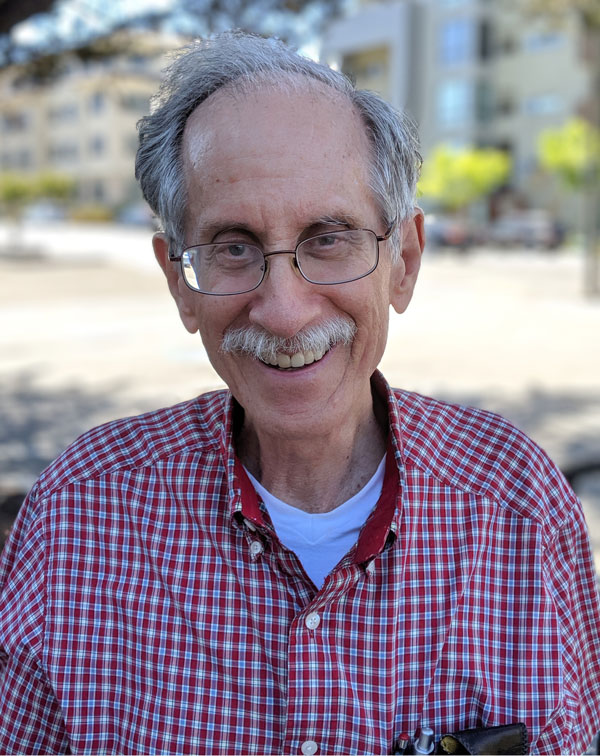
Sandia chemist Ken Gillen (retired) recently received the prestigious 2020 Melvin Mooney Distinguished Technology Award, in part for his contributions to Sandia’s polymer aging project. The award — presented annually by the Rubber Division of the American Chemical Society — honors recipients for their “exceptional technical competence by making significant and repeated contributions to rubber technology.” In the 38-year history of the award, Ken is the first awardee from a U.S. national laboratory.
“It’s truly a great honor,” said Ken by email from his home in Albuquerque. “I retired from Sandia in 2004, but I’ve kept writing and giving talks in this field because I think it’s so important to know the effects of polymer degradation.”
Ken began his career at Sandia in 1974, and for 30 years he worked tirelessly to determine the effects that temperature, radiation, humidity and mechanical stress have on components made of rubber.
These studies have numerous implications, as rubber is used in everyday household items like dishwashing gloves, children’s toys and flooring; in mechanical and laboratory equipment such as surgical tubing used in hospitals; in industrial components such as seals in nuclear weapons and satellites; and in nuclear power plant safety equipment such as electrical cables.
One of Ken’s bigger contributions to the field was the study of aging effects on the rubber used in car tires. In 1987, Ken and his colleagues created the modulus profiler — an apparatus capable of mapping modulus measurements across a material’s cross-section, with a resolution of about 50 micrometers. This led to understanding the importance of diffusion-limited oxidation during aging and enabled more reliable lifetime predictions of polymer degradation. Sandia’s years-long efforts in these studies led to industrial research collaborations in the tire industry, and as a result, most Americans own cars with better, longer-lasting tires.
Ken says he is forever grateful for Sandia and credits the success of this research to all of his incredibly talented co-workers on Sandia’s polymer aging program, which continues today in the Labs’ organic materials science group.